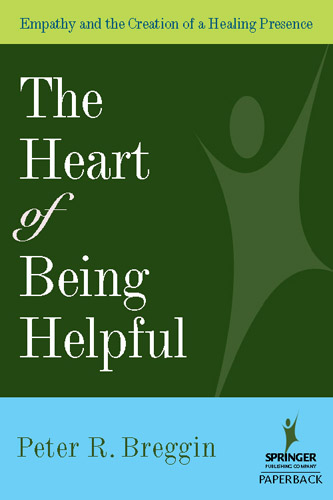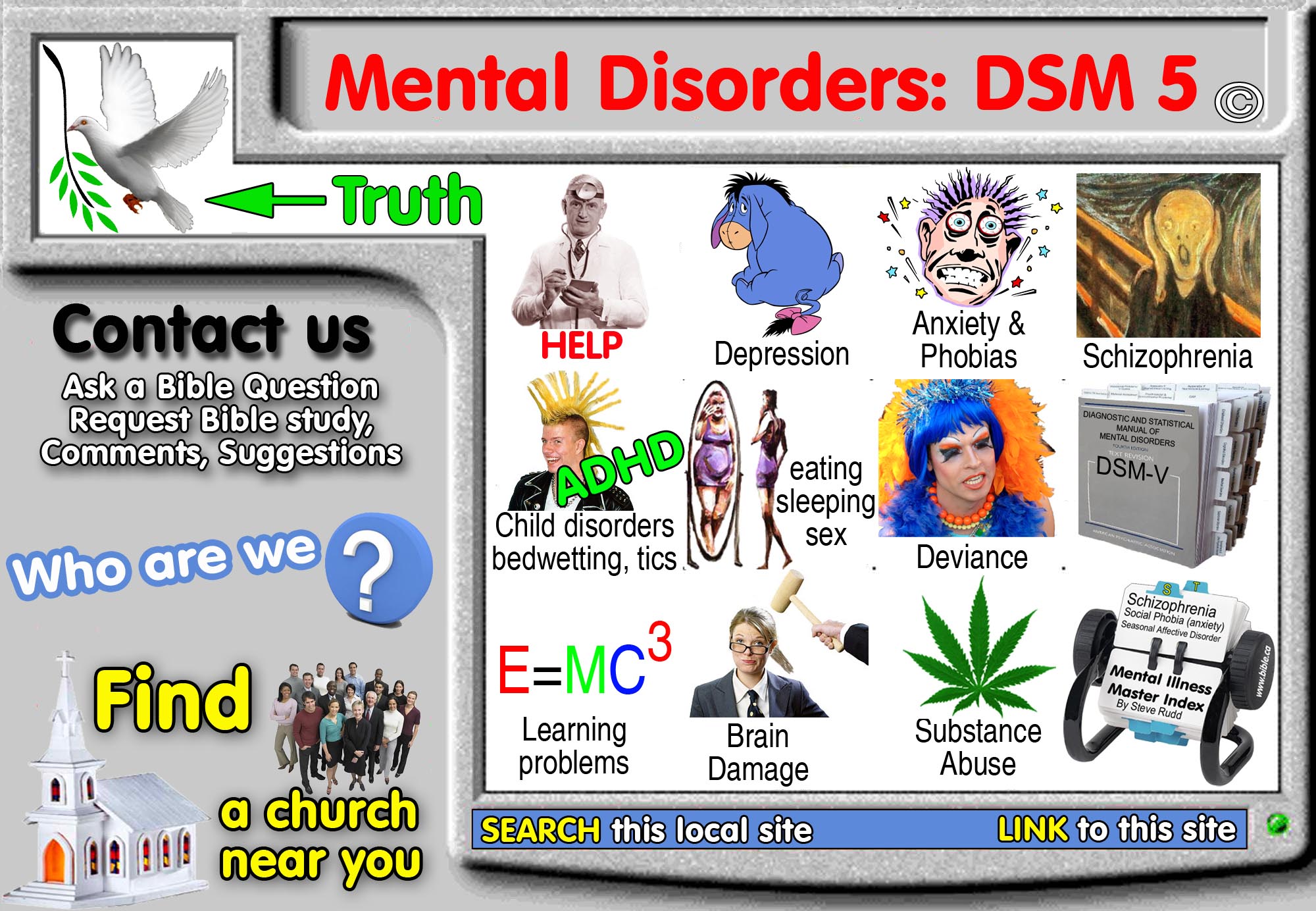The Heart of Being Helpful
Peter Breggin
1997 AD

|
|
(The Heart of Being Helpful, Peter Breggin, 1997 AD)
The Heart of Being Helpful, Peter Breggin, 1997 AD
Review:
- Peter Breggin is a psychiatrist who rejects both chemical cures and psychiatric coercion as solutions to the behaviour problems associated with mental illness and schizophrenia.
- In this book, Breggin highlights that empathy, genuine caring and love are the keys to curing the soul of its troubles.
Selected Quotes:
- "Psychiatry is largely to blame for translating the human struggle into "biochemical imbalances" suitable for treatment with medication or even shock treatment. Nearly every psychiatrist has become a technological doctor feel good. There is, however, fertile soil for this drug-oriented approach in a society that is morally and spiritually at sea. Why are people driven to accept such simple-minded medical approaches to their suffering?" (The Heart of Being Helpful, Peter Breggin, 1997 AD. p 64)
- "I am also against involuntary or coercive treatment on ethical, therapeutic, and scientific grounds. I believe it's wrong to lock up people "for their own good." It also doesn't help. After several hundred years of coercive psychiatry, there is not a single study to indicate that involuntary hospitalization helps patients. Instead of empowering people, forced treatment encourages helplessness and breeds resentment." (The Heart of Being Helpful, Peter Breggin, 1997 AD. p 171)
- "My intention is not to promote or to criticize organized religion, although I do wish it would not relegate the "curing of souls" to psychiatry." (The Heart of Being Helpful, Peter Breggin, 1997 AD. p 65)
- "In psychiatry, the reverse attitude is almost always taken. If the person seeking help remains depressed or anxious despite the psychiatrist's best effort to provide psychotherapy, the psychiatrist will almost invariably recommend drugs. The assumption is that "talking therapy didn't work" rather than "my talking therapy wasn't helpful to this person." If several drugs fail to bring about improvement, the doctor may recommend hospitalization and shock treatment. Instead, the psychiatrist should have viewed himself or herself, rather than the other person, as the probable cause of the failure in therapy. The patient should have been directed toward someone else." (The Heart of Being Helpful, Peter Breggin, 1997 AD. p 80)
By Steve Rudd: Contact the author for comments, input or corrections.
Send us your story about your experience with modern Psychiatry

